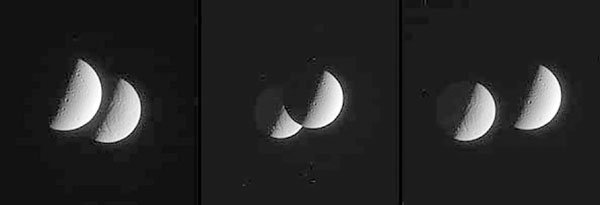March 1 Martian Month
By The University of Texas McDonald Observatory Online
Mars looks like an orange star low in the southeast at sunrise.
Another reminder of the Roman god of war is the month of March,
which is named for Mars. Until 1752, March was the year’s first
month in Great Britain and its colonies, including the United
States.
By The University of Texas McDonald Observatory Online
March 1 Martian Month
Mars looks like an orange star low in the southeast at sunrise. Another reminder of the Roman god of war is the month of March, which is named for Mars. Until 1752, March was the year’s first month in Great Britain and its colonies, including the United States.
March 2 Moon and Antares
The Moon will pass in front of the star Antares in the wee hours of tomorrow morning, blocking it from view. Antares is the bright orange “heart” of Scorpius, the scorpion.
March 3 A Dog’s Tale
Sirius, the brightest star in the night sky, sweeps across the south this evening. It stands due south around 8pm and sets after midnight. Sirius is in the constellation Canis Major, the big dog.
March 4 Moon and Mars
The planet Mars lines up to the left of the crescent Moon at dawn tomorrow. It looks like a fairly bright orange star.
March 5 More Moon
and Mars
Look low in the southeast before sunrise tomorrow for a thin crescent Moon and the planet Mars. The Moon is quite low above the horizon about 45 minutes to an hour before sunrise. Mars is just above it, and looks like a fairly bright orange star.
March 6 Orion Nebula
Orion is high in the south at nightfall and sets after midnight. Its most prominent feature is a short line of three bright stars known as Orion’s Belt. The smudge of light below the belt is the Orion Nebula, a “stellar nursery” about 1,400 light-years away.
March 7 Aldebaran
Aldebaran, the “eye” of Taurus, the bull, stands high in the west at sunset. As with all stars, when we look at Aldebaran, we are looking back in time. Aldebaran is almost 70 light-years away, so the light we see tonight left the star almost 70 years ago.















